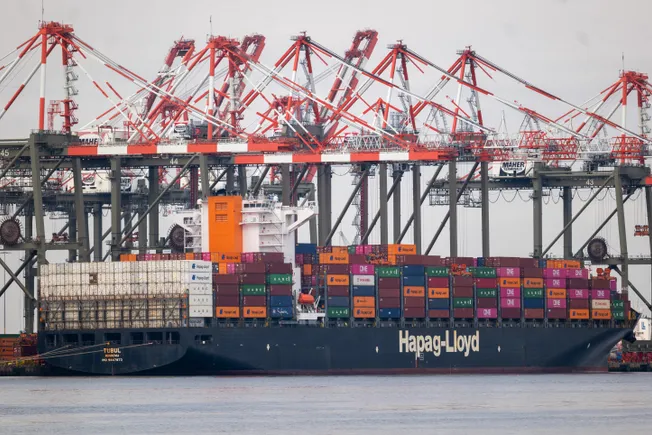If looming labor negotiations at East and Gulf Coast ports break down before the Sept. 30 deadline, shippers may divert some cargo away from the East Coast, Port of Los Angeles Executive Director Gene Seroka said in a media briefing on May 20.
The current six-year contract for workers at East and Gulf Coast ports between the International Longshoremen’s Association (ILA) and the United States Maritime Alliance (USMX) is set to expire on Sept. 30. A strike would impact terminal operations, sparking heavy disruptions for U.S. supply chains reliant on East Coast and Gulf Coast imports.
Both the ILA and USMA say they are committed to reaching a new agreement before that date, according to a joint announcement from union and employer representatives.
Still, importers and exporters have told Seroka that they’ve “shifted fractionally back towards the West Coast” due to a myriad of issues, including security concerns regarding the Red Sea, previous drought restrictions at the Panama Canal and East Coast labor negotiations.
The port director said there hasn’t been “a wholesale shift,” however, estimating between 2% to 5% of shippers’ cargo has been moving from East and Gulf Coast gateways back to the West Coast.
Shippers don’t want “to be the last to make sure that they have vessel allocation and empty containers ready for their imports to the U.S. before it’s too late down the line into peak season,” he said.
Besides creating volume shifts, the labor talks are also impacting cargo balance between coasts, Daniel Hackett, a partner at Hackett Associates, said in the briefing.
Some shippers are attempting to get ahead of any potential disruption by moving cargo away from the East Coast, according to Hackett, which could impact the ability to fairly compare the peak season on both coasts.
Gulf Coast ports are an important gateway to world markets for the agriculture industry. The New Orleans port region, for example, is responsible for 34% of farm exports. Meanwhile, the port of New York & New Jersey handles 17% of agriculture imports, the largest volume share for a single port.
Sarah Zimmerman contributed to this story.



